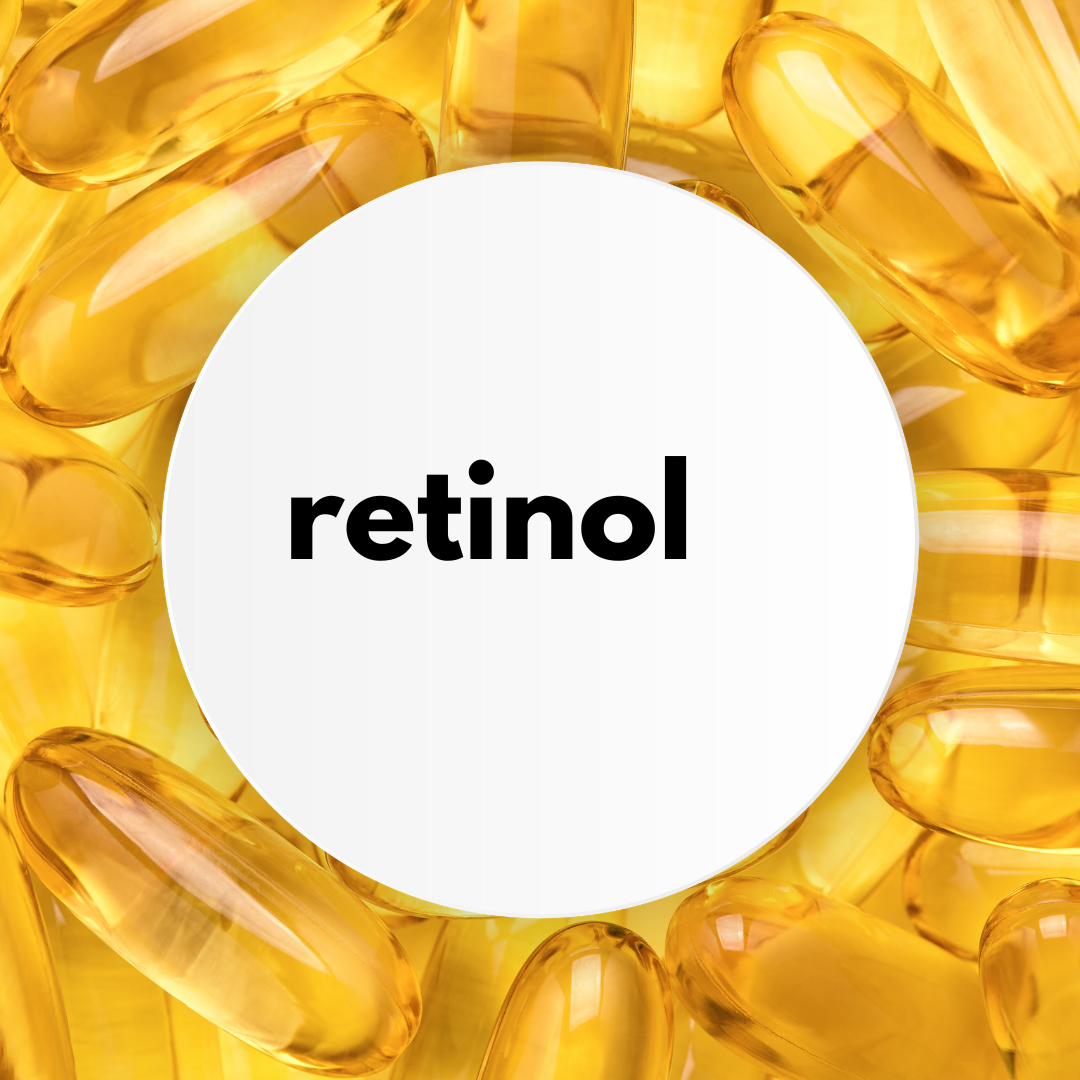Retinol is a derivative of vitamin A and has been used for decades in skincare products. It is a powerful ingredient that has been shown to provide numerous benefits for the skin, including improving the appearance of fine lines and wrinkles, reducing hyperpigmentation, and increasing collagen production (1).
One of the key benefits of retinol is its ability to increase cell turnover. As we age, our skin’s cell turnover slows down, which can lead to a dull, uneven complexion. Retinol helps to speed up the cell turnover process, resulting in smoother, brighter skin (2).
Retinol also has antioxidant properties, which means it can help protect the skin from damage caused by free radicals. Free radicals are unstable molecules that can cause oxidative stress and contribute to premature ageing. By neutralizing free radicals, retinol can help to prevent fine lines, wrinkles, and other signs of ageing (3).
Retinol is also a popular ingredient in acne treatments. It works by unclogging pores and reducing inflammation, which can help to prevent breakouts. Retinol can also help to fade acne scars and reduce the appearance of post-inflammatory hyperpigmentation (4).
However, retinol can be irritating to some people, especially those with sensitive skin. Common side effects include redness, dryness, and flakiness. It is important to start with a low concentration of retinol and gradually increase the strength over time. It is also important to use sunscreen when using retinol, as it can make the skin more sensitive to the sun (5).
There are different types of retinoids available, and each has its own strengths and weaknesses. Over-the-counter retinol is the most widely available and is generally well-tolerated. Prescription-strength retinoids, such as tretinoin and adapalene, are more potent and can cause more side effects. However, they are also more effective at treating acne and reversing the signs of ageing (6).
In conclusion, retinol is a powerful ingredient that can provide many benefits to the skin. It is important to start with a low concentration and gradually increase the strength over time. Retinol can be irritating to some people, so it is important to use sunscreen and to stop using retinol if you experience any adverse effects. If you have any concerns about using retinol, it is best to consult with a dermatologist or your beauty therapist.
References:
- Mukherjee, S., Date, A., Patravale, V., Korting, H. C., Roeder, A., & Weindl, G. (2006). Retinoids in the treatment of skin aging: an overview of clinical efficacy and safety. Clinical interventions in aging, 1(4), 327–348. https://doi.org/10.2147/ciia.2006.1.4.327
- Tanghetti, E. A. (2013). The role of inflammation in the pathology of acne. The Journal of clinical and aesthetic dermatology, 6(9), 27–35.
- Fisher, G. J., & Voorhees, J. J. (1998). Molecular mechanisms of retinoid actions in skin. FASEB journal : official publication of the Federation of American Societies for Experimental Biology, 12(9), 777–790. https://doi.org/10.1096/fasebj.12.9.777
- Kang, S., Duell, E. A., Fisher, G. J., Datta, S. C., Wang, Z. Q., Reddy, A. P., Tavakkol, A., Yi, J. Y., Griffiths, C.

